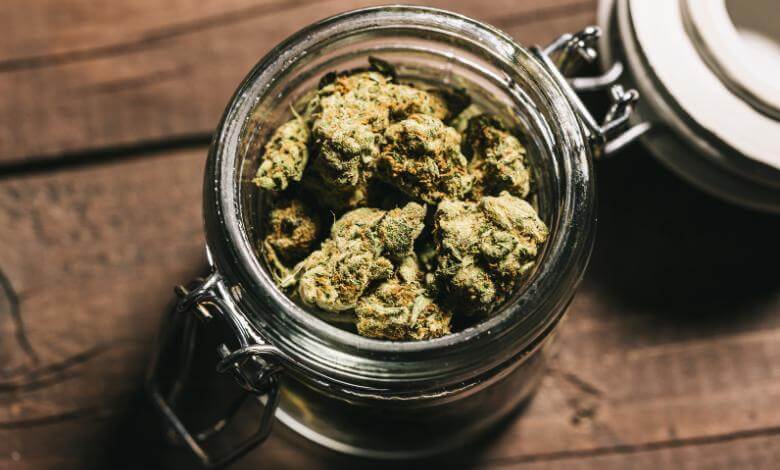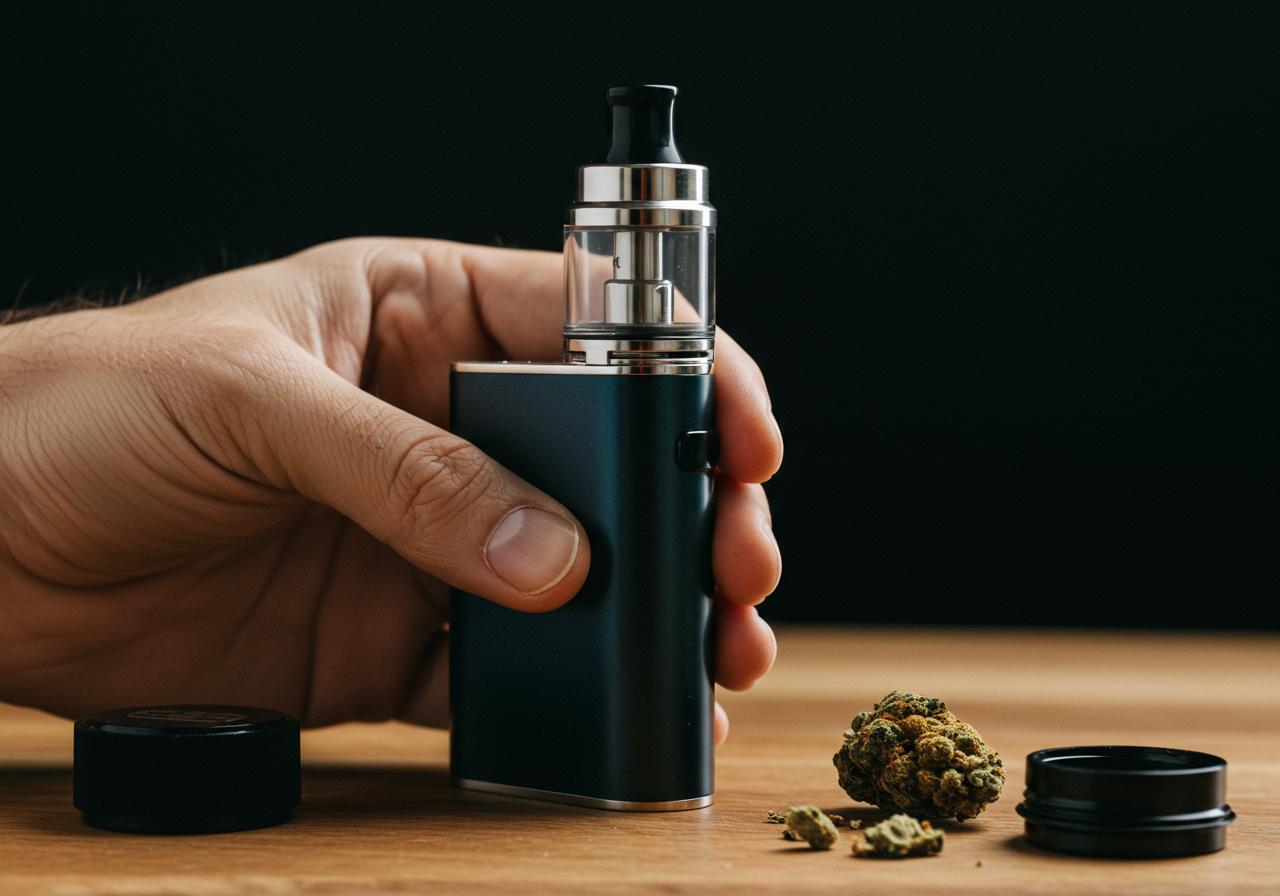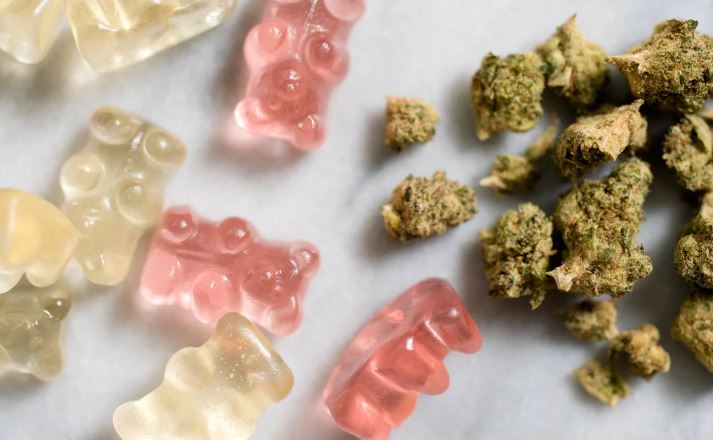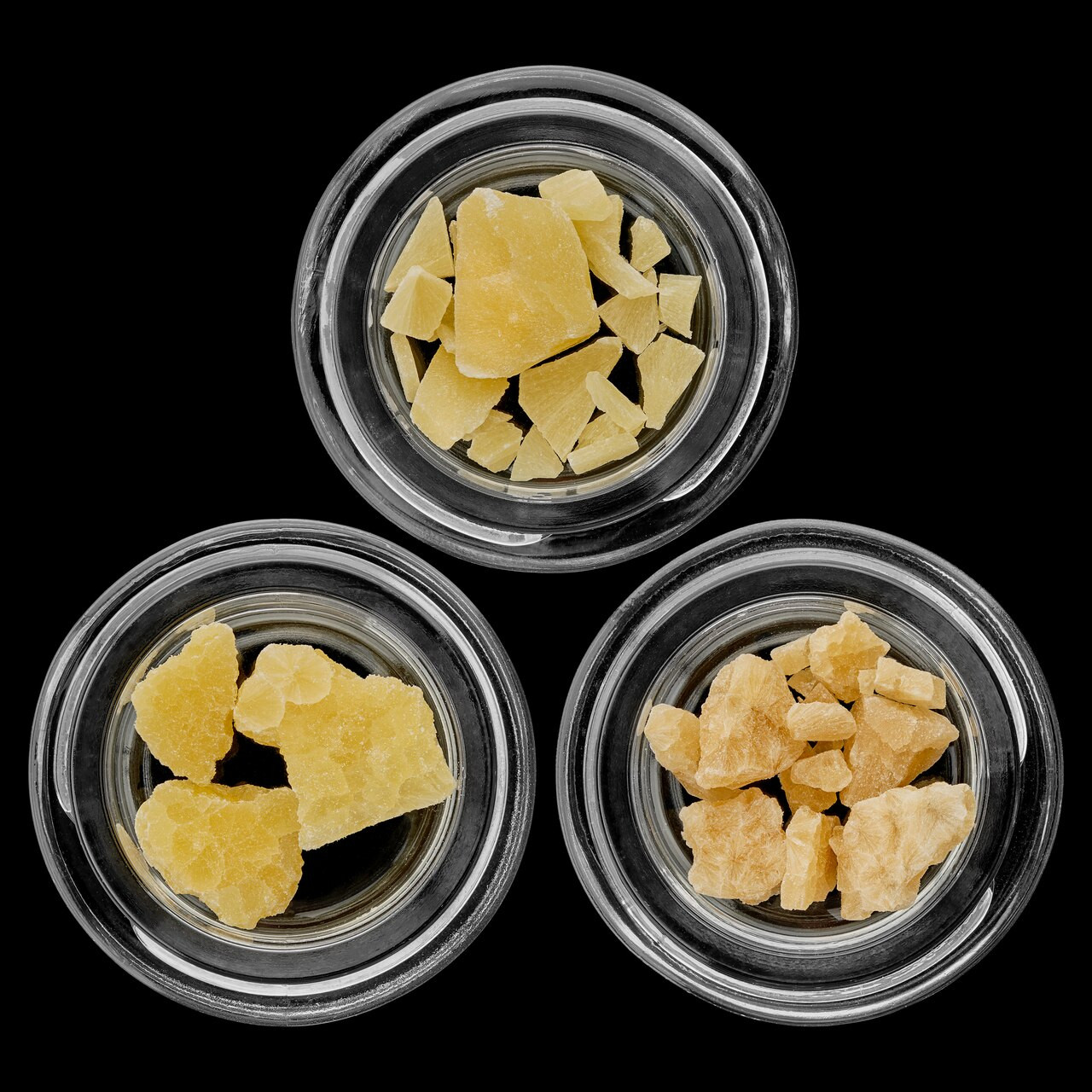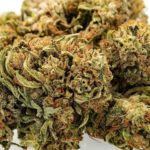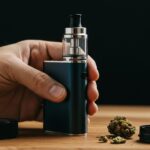Accessing Microdosing: State Laws and What They Mean for You
Published on May 28, 2025
Last Updated on January 6, 2026

Microdosing psychedelics has gained traction in recent years, with many people exploring its reported benefits, including enhanced mood, improved focus, and reduced anxiety. Yet while the interest in microdosing continues to rise, the legal landscape in the United States remains complex and inconsistent. State laws vary widely, and staying informed is crucial for those considering this wellness approach. Understanding what’s legal and what isn’t can help you avoid trouble and make more informed decisions.
As more individuals turn toward alternative therapies, questions surrounding legality, safety, and accessibility are more important than ever. Whether you’re experimenting with microdosing to support mental health or simply curious about the science, it’s critical to understand how local regulations can affect your options.

The Legal Patchwork Across States
When it comes to psychedelics like psilocybin, the compound found in magic mushrooms, state laws form a confusing patchwork. While federal law still classifies psilocybin as a Schedule I substance, a handful of states and cities have begun to decriminalize or deprioritize enforcement. Oregon was the first state to legalize supervised psilocybin therapy, with others like Colorado following with limited decriminalization measures.
In contrast, most states maintain strict prohibitions, meaning possession, cultivation, or distribution of psilocybin can still result in criminal charges. Some cities, like Oakland and Santa Cruz in California, have moved toward decriminalization, allowing for more personal freedom, though even there, commercial sales are not permitted under state law. This legal uncertainty places users in a gray area where awareness is key.
In Arizona, law enforcement has taken a lower priority approach to magic mushroom possession, largely because of the growing recognition of their holistic health benefits. So, if you’re exploring options for magic mushrooms phoenix, you’ll probably be able to find viable options. Understanding the local law helps you make safer and more conscious choices about your health and well-being.
The Rise of Legal Loopholes and Psychedelic Access
With strict laws still in place across most of the country, how are people managing to access microdosing products legally, or at least more safely? One common workaround is the use of mushroom spores, which are legal to purchase in many states for research purposes. While these spores don’t contain psilocybin themselves, they can technically be cultivated into psilocybin-containing mushrooms, though that’s where legality stops.
Some vendors offer “legal” alternatives, such as products derived from Amanita muscaria (a different psychoactive mushroom) or psilocybin analogues. These products tend to operate in a legal gray area and are not always well-studied. Buyers should approach such options with caution and do plenty of research before consuming anything.
In places with decriminalization, users often turn to community-based groups or educational networks that guide without directly selling illegal substances. These groups may offer support, harm-reduction tips, and information on safe dosing. This peer-to-peer structure helps keep access low-key and safety-focused while avoiding commercial sales that could trigger legal consequences.
Why Legal Understanding Is Crucial for Microdosers
Whether you’re new to microdosing or have been experimenting for a while, knowing the law in your area is important. Laws can shift quickly depending on local elections, ballot measures, or even federal policy changes. Staying informed isn’t just about legality, it’s about protecting your safety and well-being in a space that’s still largely unregulated.
In some states, proposed legislation is already on the table to expand research or access to psychedelic therapy. These legal shifts could open up safe, structured ways to explore microdosing without risk. For now, though, most users must rely on a mix of personal judgment, local knowledge, and caution.
It’s worth remembering that even in places with relaxed enforcement, there’s often a distinction between decriminalization and legalization. Decriminalization doesn’t make something legal, it simply means that law enforcement may deprioritize it. That can still leave people vulnerable to arrest, especially if they’re found in possession of large quantities or appear to be distributing.
What the Future Holds for Psychedelics in the U.S.
Looking ahead, the landscape for microdosing and psychedelics in general appears to be shifting slowly but steadily. Public perception has softened, and increasing numbers of scientific studies support the potential benefits of controlled psychedelic use. Major universities are researching the impact of psilocybin on depression, PTSD, and addiction, and lawmakers are beginning to take notice.
We may see more states follow in Oregon’s footsteps, either legalizing therapeutic use or lowering penalties for possession. In the meantime, people interested in microdosing should continue to monitor local laws, learn from trusted sources, and connect with responsible communities.
Until nationwide reform occurs, accessing microdosing products remains a nuanced and sometimes risky decision. By understanding your rights and responsibilities under the law, you can move forward with greater clarity and less fear.
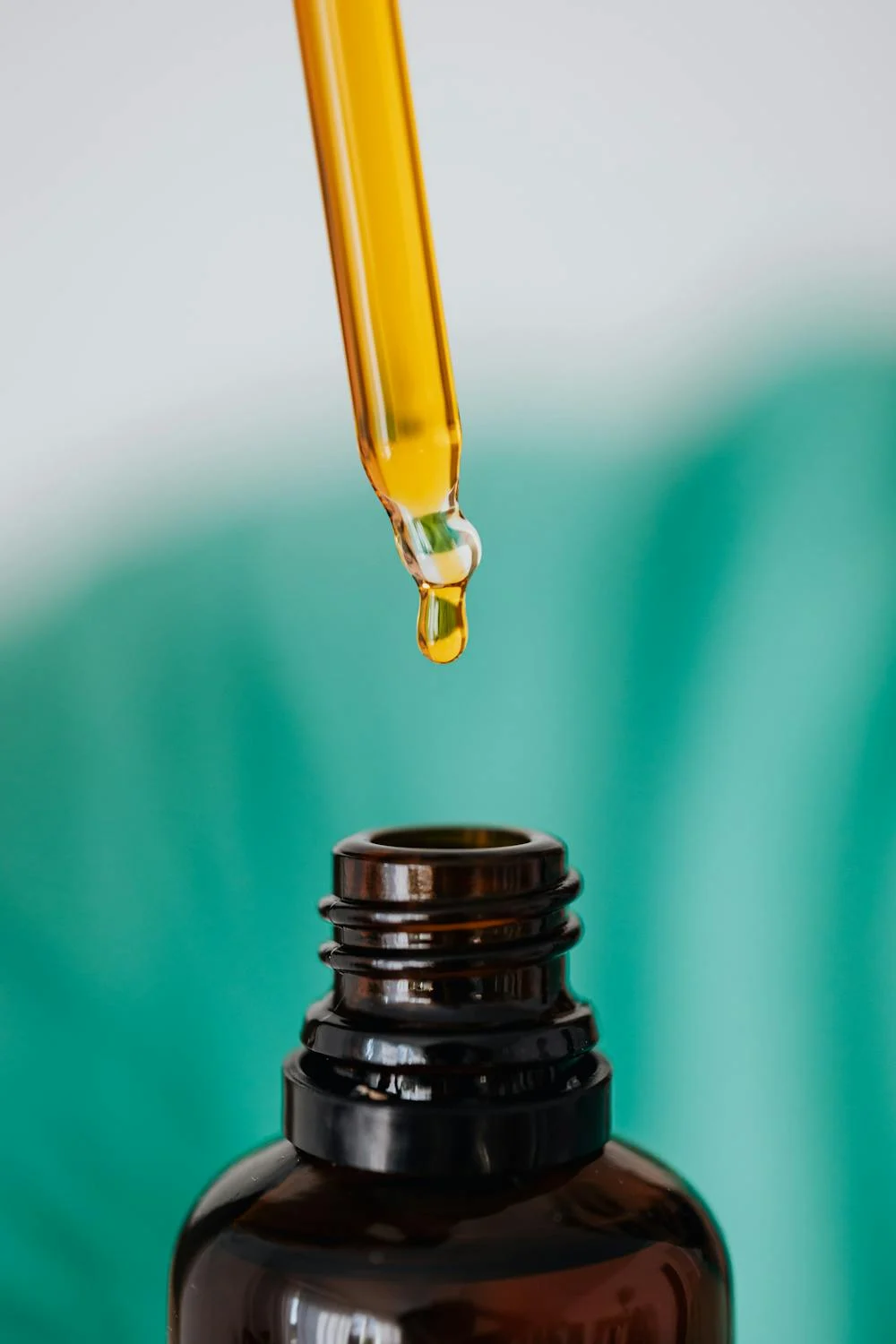
As interest in microdosing continues to rise, understanding your state’s laws is more important than ever. Legal access varies widely, and while Arizona offers pathways to explore options in cities like Phoenix, many areas still operate in legal gray zones. Staying informed and cautious is key if you’re considering incorporating microdosing into your wellness routine.
Even where laws are shifting in favor of decriminalization or medical use, responsible use remains critical. Educating yourself about dosage, sourcing, and legal boundaries can help you navigate this space more safely. As public perception evolves and research expands, individuals who stay engaged with the legal landscape will be better positioned to make informed, thoughtful choices.
